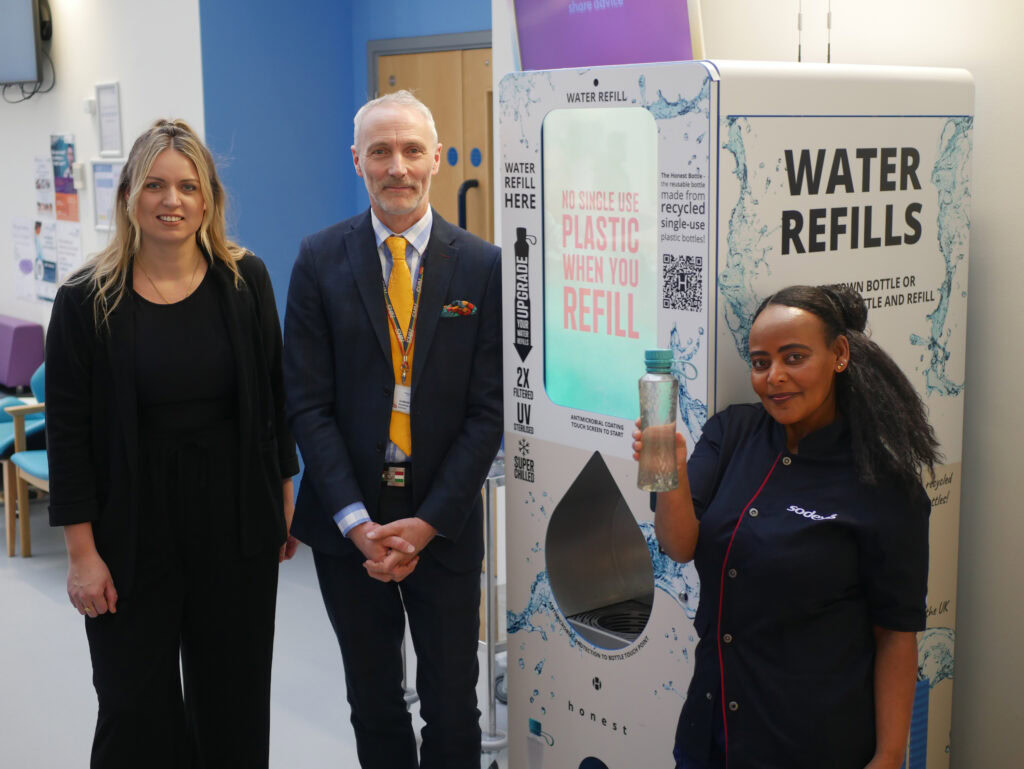Two major industry organisations – the Chartered Institution of Wastes Management and the Environmental Services Association – were responding to claims made by the environmental group last week that burning natural gas would be more sustainable than using household waste as a fuel for energy production (see letsrecycle.com story).
”By using energy-from-waste we can kick the landfill habit as well as replacing coal “
– Steve Lee, CIWM
As the public consultation on England's waste strategy closes tomorrow, Environmental Services Association chief executive Dirk Hazell said: “Friends of the Earth have got it wrong: biodegradable waste is correctly recognised in European law as a renewable source of energy.
“Unlike fossil fuels, which cause global warming by releasing into the atmosphere carbon which had been embedded for millions of years, most of the carbon in biodegradable waste is short term, so there is a much more sustainable closed loop.
“While we all need to minimise the amount of waste we produce, the UK must also recycle more of the materials and energy contained in waste,” Mr Hazell added.
Plastics
Steve Lee, chief executive of the CIWM, dismissed Friends of the Earth's belief that the amount of non-renewable plastics within the household waste being burned in energy-from-waste incinerators is likely to increase.
He said the plastics content of waste was more likely to decrease as it becomes seen as a more important resource.
The CIWM chief executive also criticised Friends of the Earth for ignoring the fact that supplies of fossil fuels, such as natural gas, are running out.
Mr Lee said: “Gas is a clean fuel – we know that is true – but it won’t last forever. Right now the UK is not reliant on its own gas: it relies on import, particularly from Russia. There is a security of supply issue to consider.
“Friends of the Earth's claim is that the plastic content being burned will increase – but the value of recycled plastic is increasing, and there is a world wide demand for the material, just look at China. So I would hope that the plastic content being burned for energy would actually start to go down. Why it would increase I don’t know,” he added.
Methane
The CIWM has issued a position statement backing energy-from-waste for residual waste material left over once the maximum amount of recycling has taken place.
Mr Lee said waste as a fuel source was important in replacing some of the coal used by the UK to generate power. He said reducing the amount of waste ending up in landfill sites would also help to cut the production of the powerful greenhouse gas methane.
“Even if we do reduce, reuse and recycle as much as possible there is still going to be a large amount of waste destined for landfill,” he said, “and landfill produces methane gas which affects climate change 20 times more than carbon dioxide. By using energy-from-waste we can kick the landfill habit as well as replacing coal.”
Mr Lee pointed out that examples of British incinerators cited in the Friends of the Earth report only generated electricity, but he said the most sustainable plants using energy-from-waste would generate heat as well.
| Related links: |
He said new energy-from-waste plants may not be necessary if existing coal-burning power stations are converted to accept wastes as a fuel supply.
He explained: “There are claims that new waste hungry plants will crowd out recycling, but if waste is used in existing plants this is not the case – they can go back to burning coal whenever they like. This route could also lead to less EfW plants being built in the UK.”











Subscribe for free